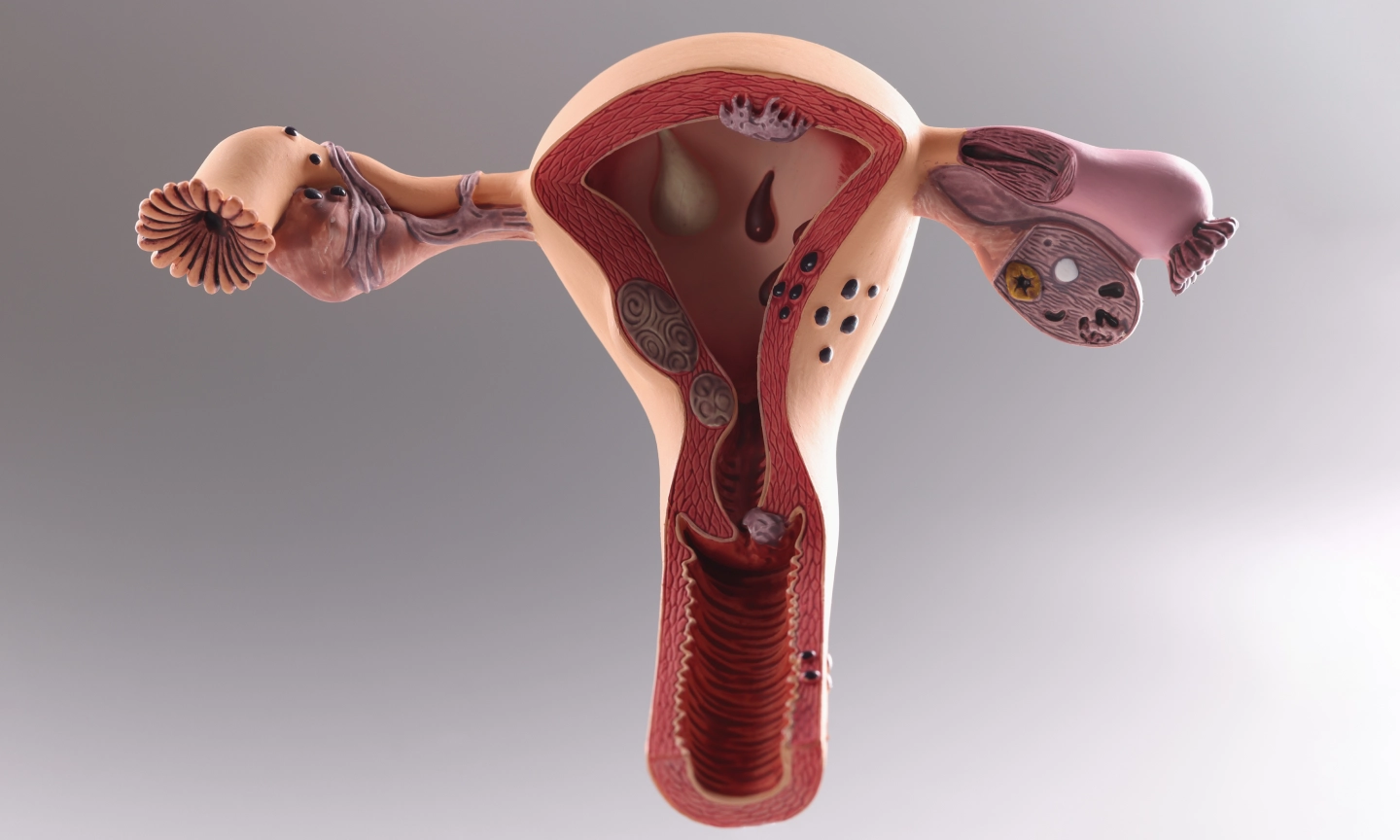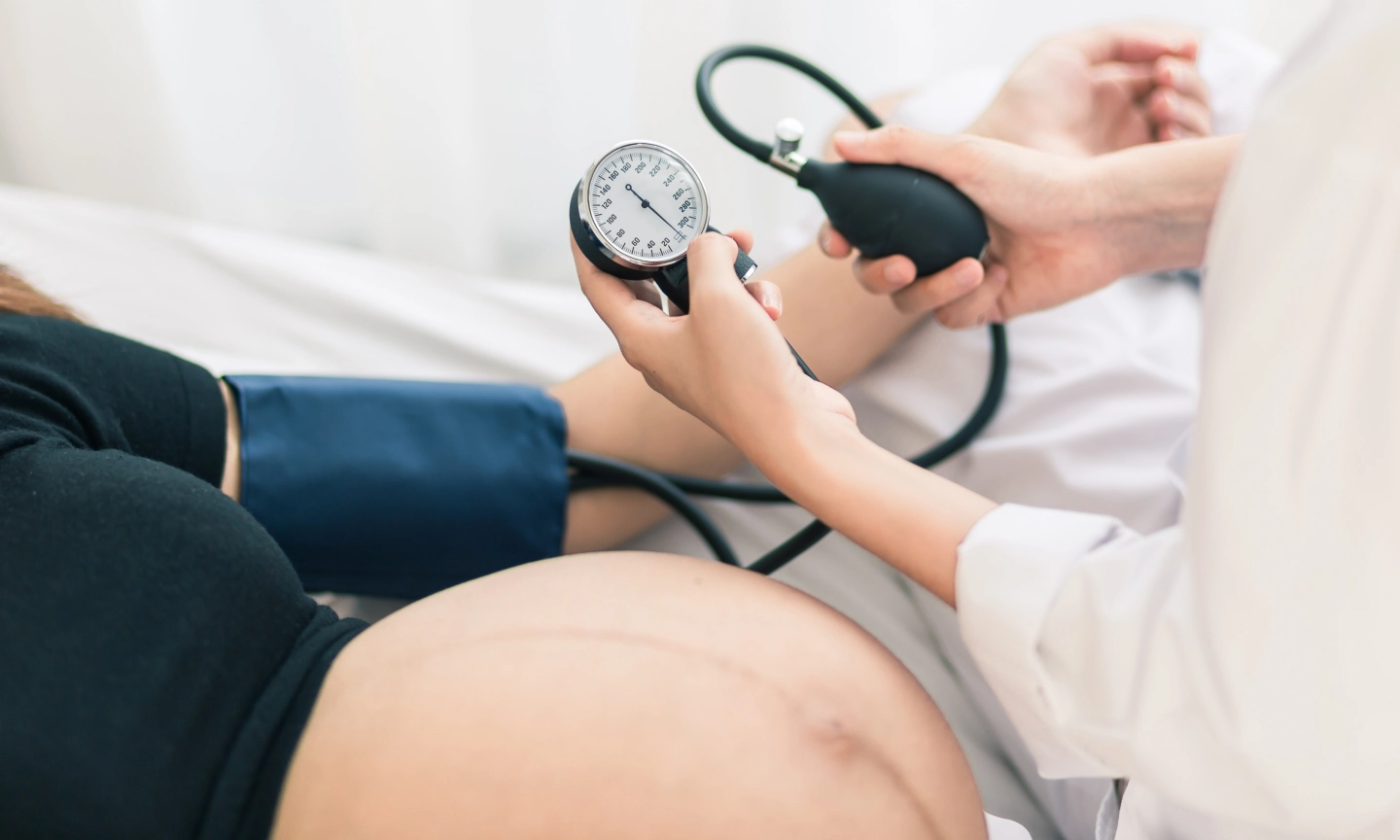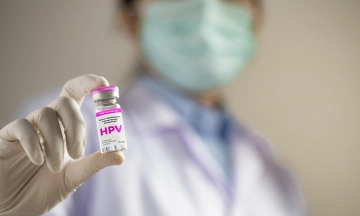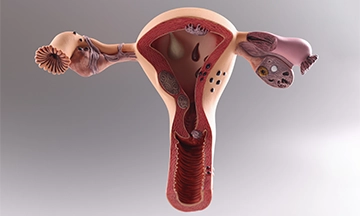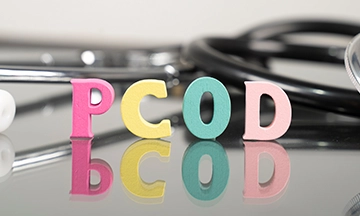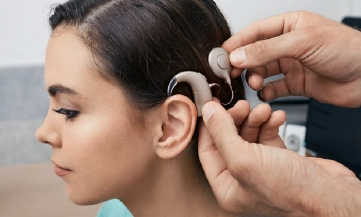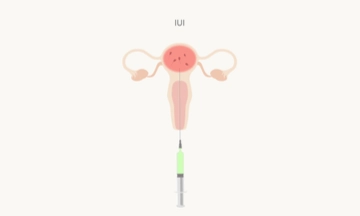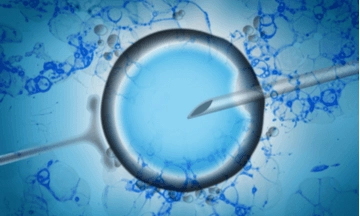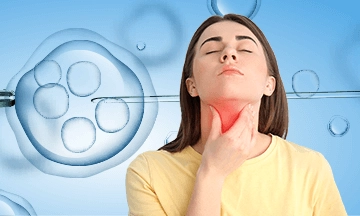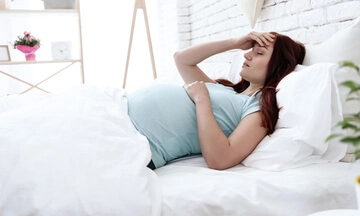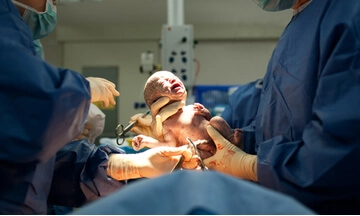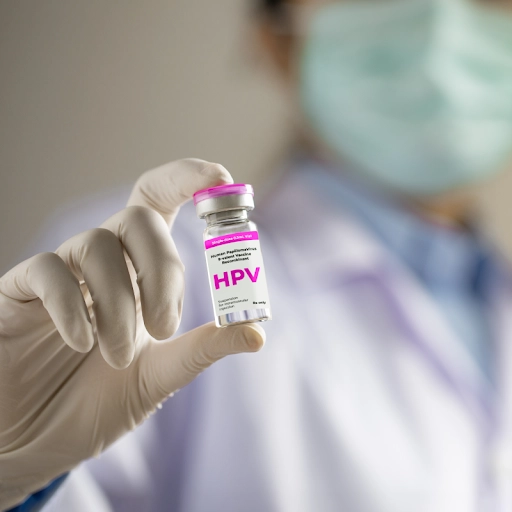
What is HPV ??
HPV is a group of more than 200 related viruses, of which more than 40 are spread through direct sexual contact. Among these, two HPV types cause genital warts, and about a dozen HPV types can cause certain types of cancer—cervical, anal, oropharyngeal, penile, vulvar, and vaginal.
What are HPV vaccines?
- HPV vaccines protect against infection with human papillomaviruses (HPV)
- Three vaccines that prevent infection with disease-causing HPV have been licensed: Gardasil, Gardasil 9, and Cervarix
- Cervarix prevents infection with types 16 and 18
- Gardasil prevents infection with types 6, 11, 16, and 18
- Gardasil 9 prevents infection with the following nine HPV types:
- HPV types 6 and 11, which cause 90% of genital warts
- HPV types 16 and 18, are two high-risk HPVs that cause about 70% of cervical cancers and an even higher percentage of some of the other HPV-caused cancers
- HPV types 31, 33, 45, 52, and 58, high-risk HPVs that account for an additional 10% to 20% of cervical cancers
What does the HPV vaccine do?
The HPV vaccine, a crucial tool for vaccine for cancer prevention, protects against genital warts and most cases of cervical cancer. It protects against cancer of the vagina, vulva, penis, or anus caused by HPV. The HPV vaccine also protects against mouth, throat, head, and neck cancers caused by HPV.
The vaccine gives the body a safe way to build immune system awareness of some HPV strains. This means the body has an easier time clearing out those strains of the virus if a person catches them late
How Well Do These Vaccines Work?
- HPV vaccination works extremely well. HPV vaccine has the potential to prevent more than 90% of HPV-attributable cancers.
- Since HPV vaccination was first recommended in 2006, infections with HPV types that cause most HPV cancers and genital warts have dropped 88% among teen girls and 81% among young adult women.
- Fewer teens and young adults are getting genital warts.
- HPV vaccination has also reduced the number of cases of precancers of the cervix in young women.
- The protection provided by HPV vaccines lasts a long time. People who received HPV vaccines were followed for at least about 12 years, and their protection against HPV has remained high with no evidence of decreasing over time.
Who Should Get HPV Vaccine?
- HPV vaccination is recommended at ages 11–12 years. HPV vaccines can be given starting at age 9 years. All preteens need HPV vaccination, so they are protected from HPV infections that can cause cancer later in life.
- Teens and young adults through age 26 years who didn’t start or finish the HPV vaccine series also need HPV vaccination.
- CDC recommends that 11- to 12-year-olds receive two doses of HPV vaccine 6 to 12 months apart.
- The first dose is routinely recommended at ages 11–12 years old. The vaccination can be started at the age of 9 years.
- Only two doses are needed if the first dose was given before the 15th birthday.
- Teens and young adults who start the series later, at ages 15 through 26 years, need three doses of the HPV vaccine.
- Children aged 9 through 14 years who have received two doses of HPV vaccine less than 5 months apart will need a third dose.
- Three doses are also recommended for people aged 9 through 26 years who have weakened immune systems.
- Some adults aged 27 through 45 years who are not already vaccinated may decide to get the HPV vaccine after speaking with their doctor about their risk for new HPV infections and the possible benefits of vaccination for them.
Who Should Not Get HPV Vaccine?
Tell your doctor about any severe allergies. Some people should not get some HPV vaccines if:
- They have ever had a life-threatening allergic reaction to any ingredient of an HPV vaccine, or to a previous dose of HPV vaccine.
- They have an allergy to yeast (Gardasil and Gardasil 9).
- They are pregnant.
- HPV vaccines are safe for children who are mildly ill, like those with a low-grade fever of less than 101 degrees, a cold, runny nose, or cough. People with a moderate or severe illness should wait until they are better.
HPV Treatment
The primary approach to dealing with human papillomavirus (HPV) is to manage its effects and prevent associated health problems, as there is no specific antiviral treatment to eliminate the virus itself. Here are some key aspects of human papillomavirus treatment and management:
- Monitoring and Follow-up: In many cases, HPV infections resolve on their own without causing any health problems. Regular monitoring and follow-up with a healthcare provider are important to assess the status of the infection, especially for women with abnormal Pap test results or for individuals with visible warts.
- Treating Warts: For individuals with visible warts caused by certain types of HPV, healthcare providers may recommend various treatments, including topical medications, cryotherapy (freezing), laser therapy, or surgical removal. It's important to note that while these treatments can remove warts, they do not eliminate the underlying HPV infection.
- Cervical Dysplasia and Cancer Prevention: In cases where HPV infection has caused cervical dysplasia (pre-cancerous changes in the cervix), healthcare providers may recommend procedures like colposcopy, LEEP (loop electrosurgical excision procedure), or cryotherapy to remove abnormal cells and prevent the progression to cervical cancer. Regular Pap smears and HPV testing are crucial for monitoring and preventing cervical cancer in high-risk individuals.
- Vaccination: Preventing HPV infection is a critical strategy. The HPV vaccine is recommended for adolescents and young adults to protect against certain high-risk HPV types known to cause cancer. It's most effective when given before sexual activity begins.
- Safe Sexual Practices: Practicing safe sex, including using condoms can reduce the risk of HPV transmission.
- Counseling: HPV infections can have emotional and psychological impacts. Healthcare providers may offer counseling and information to help individuals understand and cope with the virus.




